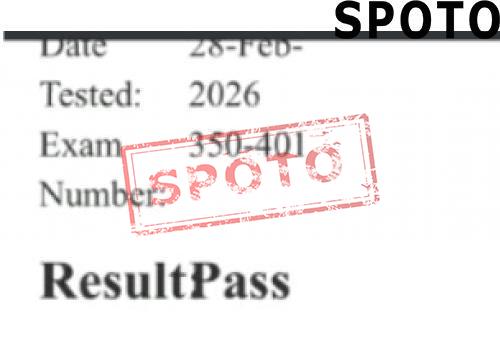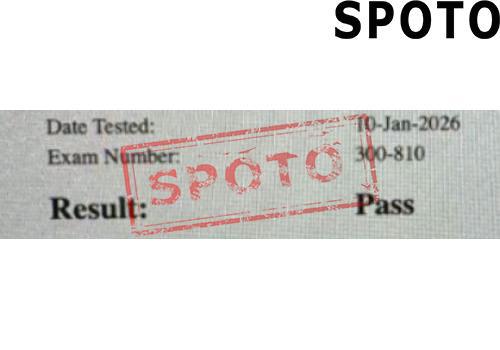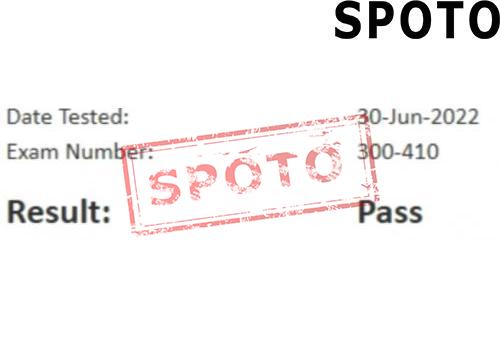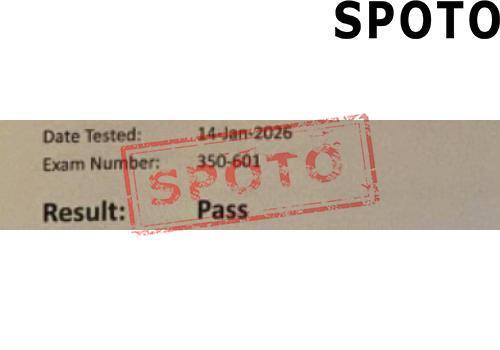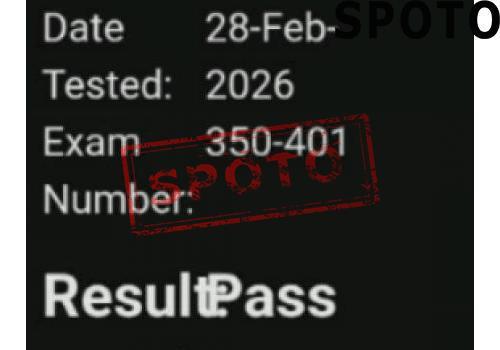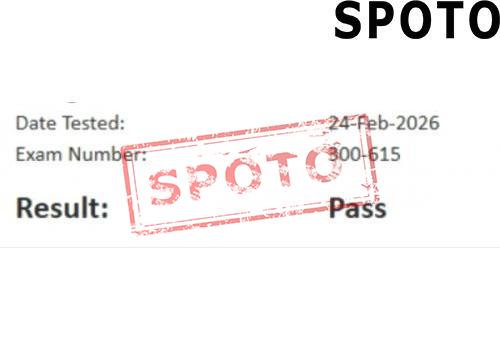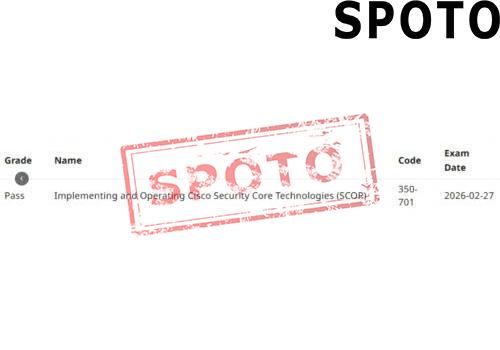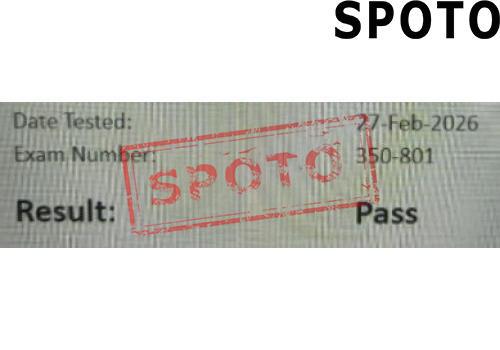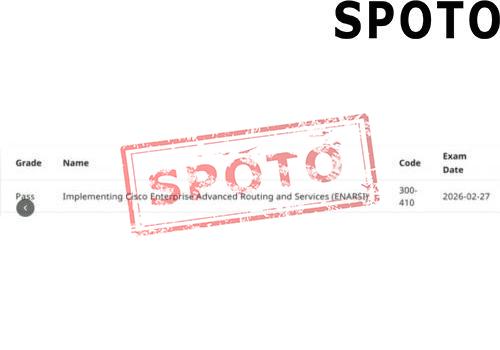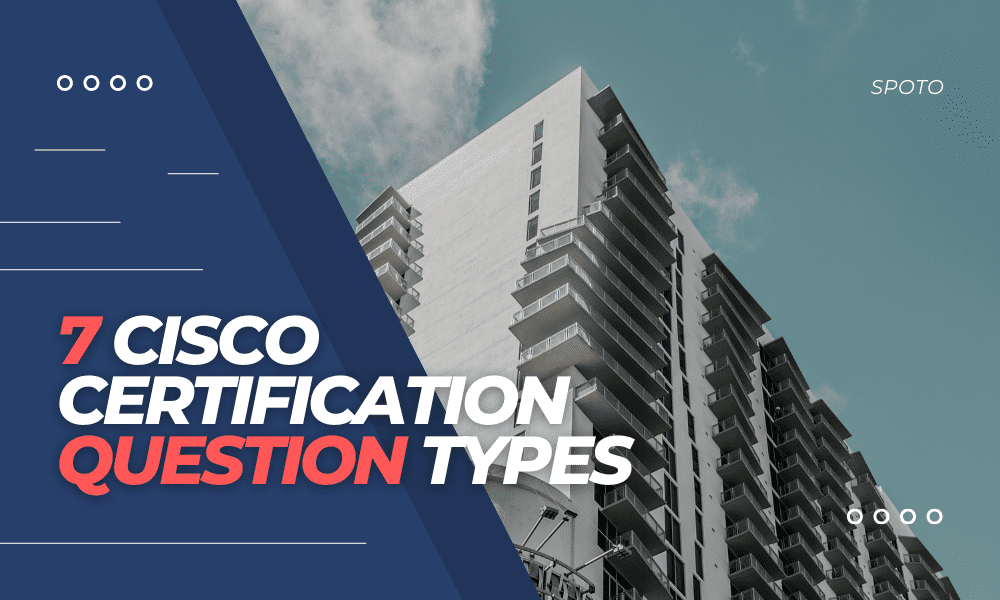
Table of Contents
Several Cisco certifications get sought after by IT professionals as the company is a market leader in networking and IT solutions. Candidates for these certificates must pass an exam that evaluates their technological and solution-related knowledge and expertise. Various question kinds are frequently used in tests to assess candidates' knowledge and practical skills in various areas.
As you prepare to embark on your journey toward achieving a Cisco certification, it's crucial to understand the various question types you might encounter on these exams. Cisco exams go beyond traditional multiple-choice questions, offering vast question formats that assess your practical knowledge and problem-solving abilities. Here, we will demystify the seven question types commonly found on Cisco certification exams.
Multiple-Choice Questions (MCQs):
Multiple-choice questions are a staple of most exams, and Cisco certifications are no exception. In these questions, you'll get presented with a question followed by several answer choices. Your task is to select the correct answer from the options provided. Cisco often uses MCQs to assess your theoretical knowledge of networking concepts, protocols, and technologies.
Multiple-Answer Questions:
Similar to multiple-choice questions, multiple-answer questions require you to select more than one correct answer from a list of options. These questions assess your ability to identify multiple correct solutions to a problem. It's essential to carefully read the question and evaluate each answer choice to determine its validity.
Fill-in-the-blank:
Students get asked to fill in the spaces with the most applicable word they can think of, as the name indicates. You must fill out one or more text fields with your answer to finish the challenge. The use of fill-in-the-blank questions by Cisco has never occurred to me. The Cisco test paper does not always contain the whole Cisco question because it is a less frequent type of question. Cisco could decide to introduce them, so you should be prepared for that scenario.
Drag and Drop Questions:
Drag and drop questions assess your understanding of relationships between different components. You'll get presented with items that need to get matched or sequenced correctly. This question type evaluates your ability to organize and categorize information accurately, simulating real-world scenarios where you might need to configure network devices or troubleshoot connectivity issues.
Simulations (Simlets):
Simulations, also known as simlets, present you with a scenario that mimics a real-world networking environment. You might get given a network diagram, a configuration interface, or a troubleshooting scenario. Your task is to interact with the simulation to answer questions related to the given scenario. Simulations test your practical skills and require you to apply your knowledge to solve problems in a simulated environment.
Router and Switch Configuration Questions:
A particular type question asks you to set up network equipment, such as a router or switch. These questions are known as router and switch configuration questions. The virtual network environment these questions often place you in requires you to carry out a particular activity, such as creating a routing protocol or configuring a switch. Questions on setting up switches and routers were made to test your practical skills and capacity to carry out tasks in a real-world setting.
Testlets:
Testlets are an extension of simlets, involving a series of questions related to a single scenario. You are provided with a network setup or configuration and must answer multiple questions based on that context. This question type evaluates your ability to analyze complex scenarios, make informed decisions, and troubleshoot issues within a specific networking context.
Configuration Questions:
Configuration questions, often found in Cisco's practical exams, require you to configure network devices to meet specific criteria. You might be given a partial or incorrect configuration and asked to complete or correct it. These questions assess your hands-on skills in configuring routers, switches, and other networking equipment, reflecting the practical nature of network administration and engineering roles.
Troubleshooting Questions:
Troubleshooting questions present you with scenarios where a network issue has occurred. Your task is to identify the root cause of the problem and select the appropriate solution from the given options. These questions assess your diagnostic skills, requiring you to analyze symptoms, identify potential causes, and determine the best course of action to restore network functionality.
Simplified Answer Questions:
You must give a brief, brief response to a question to complete a short answer question. These inquiries might be simple, asking you to define a phrase, or more challenging, requiring you to define a concept or describe a procedure. The purpose of the short answer questions gets to assess your memory for specific details and your ability to articulate your understanding clearly and succinctly.
Recertification
A CCNA certification has a three-year expiration date! To recertify, you must successfully pass one of the examinations listed below before your certificate expires:
- new CCNA exam
- a professional focus test of any kind
- one core technology exam
- CCIE lab exam only
While earning 30 credits in continuing education (CE) and you may renew your certification. You can obtain CE credits by participating in Cisco Live training sessions or finishing online training programs.
Tips for Success:
- Know the Exam Blueprint: Cisco provides exam blueprints outlining the topics covered in each exam and the percentage of questions dedicated to each topic. Familiarize yourself with the blueprint to focus your study efforts effectively.
- Practice Hands-On: Many Cisco exams include simulation-based questions. Regularly practice in a lab environment to hone your configuration and troubleshooting skills.
- Read Carefully: Pay close attention to question wording and context. Misinterpreting a question can lead to selecting the wrong answer.
- Time Management: Cisco exams get timed, so manage your time wisely. If you encounter a challenging question, consider flagging it and revisiting it later.
- Elimination Strategy: When faced with multiple-choice or multiple-answer questions, use the process of elimination to narrow down your choices and increase your chances of selecting the correct answer.
- Stay Calm: Cisco exams can be intense, but staying calm and focused is crucial. Take deep breaths, read each question carefully, and avoid rushing through the exam.
Conclusion
On Cisco certification tests, many question types get used to assess various facets of your technological and problem-solving knowledge and abilities. To improve your chances of success, it's critical to comprehend the various question categories and be comfortable with the test structure. You may build the abilities and information necessary to succeed and get your certification via preparation, which includes practical experience, study materials, and practice examinations.
